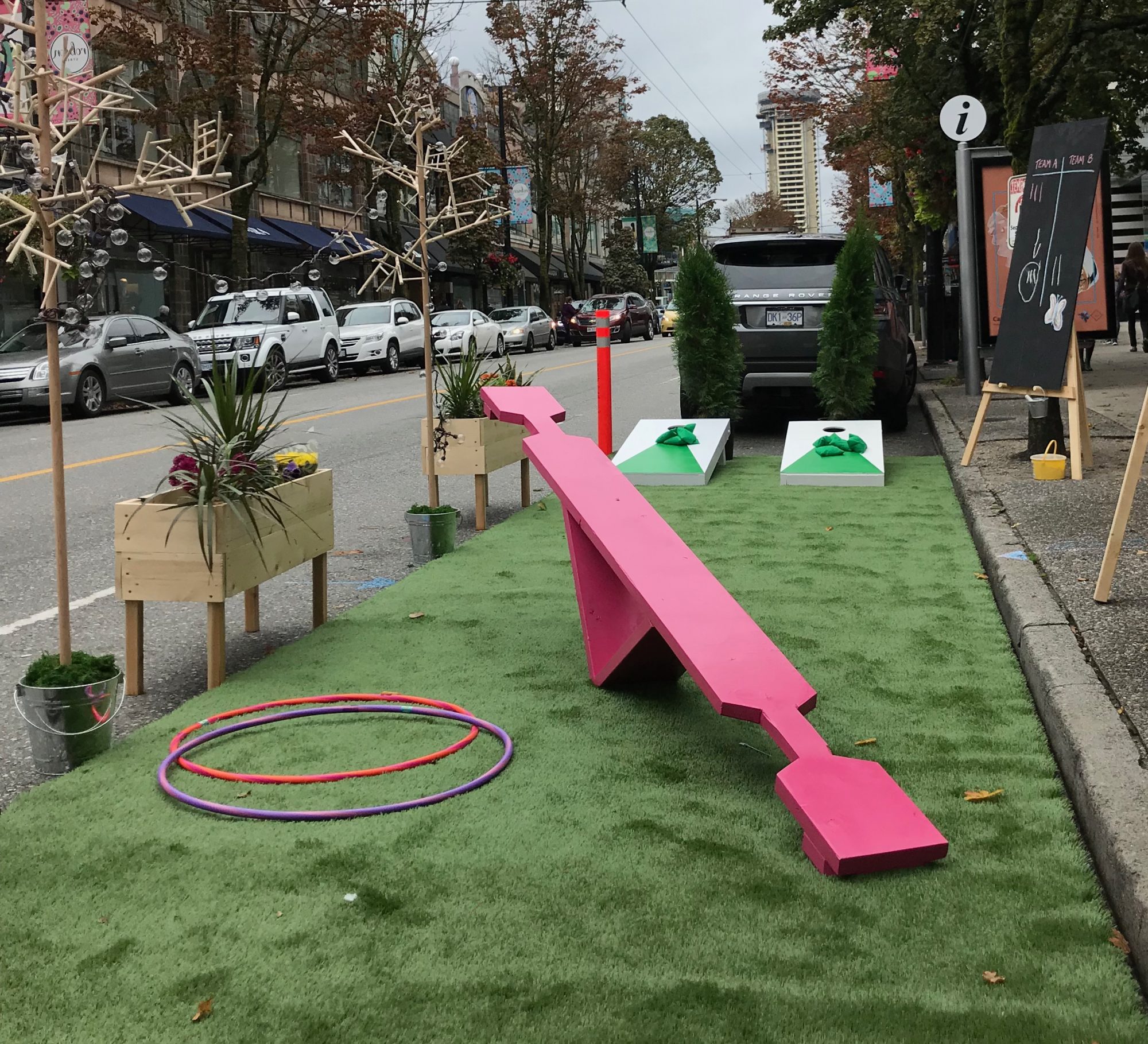I always feel like I should refer to Douglas as “Mr. Wadle”, for no reason other than to show respect for someone I have learned so much from. I met Douglas on my first trip to CalArts at one of those “new student” events where the school is trying really hard to ensure that you take them up on their offer of admission, and all the students are trying to figure out how to talk about what they do. When I was introduced to Douglas, I was certain he was a professor (specifically in the theory department) and after 10 minutes of conversation, I knew that he would be. I could barely follow anything that he was talking about (I think it had something to do with ethnomusicology and southern blues and Chicago), but I was pretty sure I was talking to a genius. I realized that if I could convince Douglas to spend a part of the next two years talking to me about music, then my time at CalArts would be worth it. Luckily, it didn’t take much to get Douglas to talk about art and (like I’d anticipated) it was one of the highlights of my time there.
One of the greatest things about Douglas is that he manages to merge so many different and seemingly diverse interests (philosophy, tuning, visual perception, painting, performance, and a multitude of others) into music that always sounds so cohesive and organic, regardless of the process (whether it’s an interpretive visual score based on modal logic notation, or a tuning piece based on sets of rigorous mathematical equations) that goes into making it. Nothing ever sounds like an exercise or a “study” and he is always able to find the piece within the system, or structure the system so that it gives him a piece (I still haven’t quite figured out which of the two it is). This is the thing that I took from Douglas, the idea of holding onto the piece and making sure that it was pulled through whatever system or process that was being used.
Douglas is also the hardest working composer I’ve ever met. There are no shortcuts in his music, and it shows. He writes a lot by hand. I believe this is both an offshoot of practical necessity (notation programs just haven’t caught up with him yet) and a kind of old school romanticism (he would, most likely, completely disown this statement, but I have always found there to be something romantic, in the best way, about how he writes music). The first time I saw one of his pieces it was a jolting reminder that music is an art form. That might seem strange, but it makes sense to me: computer representations of figures that are personal (Douglas writes rests like no one else) and music that is proof read with midi, are so far from what we hear that it makes sense that we would look for something better, something more personal, something that maintains the same characteristics we want so desperately to capture aurally. I am definitely putting my own spin on this, but seeing that first manuscript was a huge turning point for me, and was concrete evidence that Douglas was working on a whole other level.
So after I’d looked at his scores and heard his music, I saw Douglas perform. I should have expected him to surprise me. He played this piece (“Insomnambulations: Preachin’ Aphasia”) and when I say he played it, I mean with everything. This piece had extended techniques to spare, and characters and great sounds and story and presence. He was captivating and had the entire audience with him for every note (this characteristic is common with all the Gridlock artists) and he was fearless.
That kind of musician is rare.
When I first started planning the series, this was the piece I heard in my head as I thought about things like venue and dates and budgets.
I talk a lot about Atrux starting points, and maybe I have to go as far back as this piece. I have been dropping Douglas subtle hints that I would love to see this on the program. It looks like he picked up on them.
This piece (and this performer) is something I’m so excited to share with Vancouver.
Listen to a sample of Insomnambulations Preachin’ Aphasia
Douglas and ,, duo take over Vivo for Gridlock 1.0

